Pakistan: Over 100 militants die in raids after shrine bomb
Sat 18 Feb 2017, 12:50:06
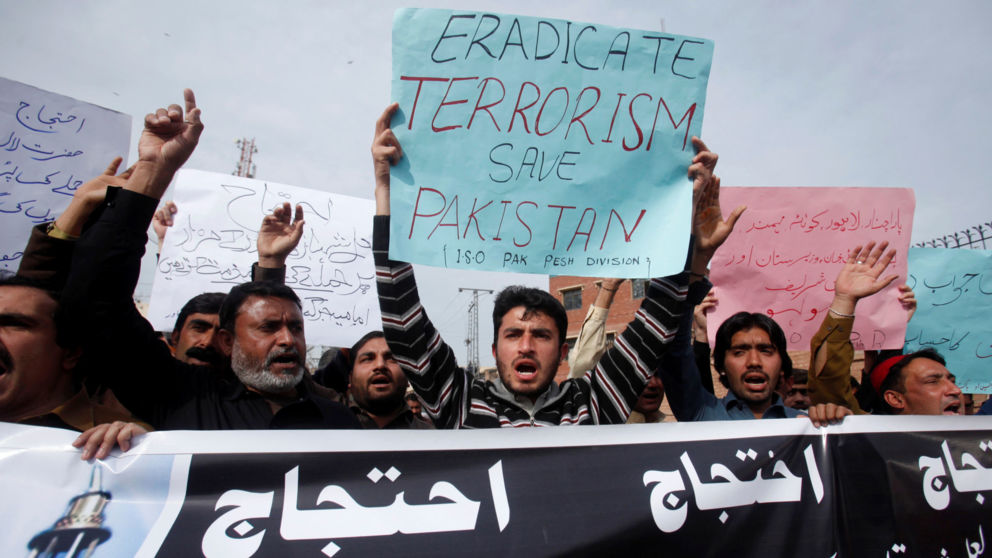
The suicide bombing on Thursday was the deadliest attack in the country for two years, killing at least 88 people and injuring 343 others.
IS said it targeted a "Shia gathering" and it was the latest in a series of atrocities across Pakistan this week.
Authorities have faced criticism for failing to tighten security before the bomber struck at the Lal Shahbaz Qalandar shine in southern Sindh province.
There are fears IS has become stronger in Pakistan, helped by homegrown militants who can hide in neighbouring Afghanistan.
Government officials in Islamabad have accused the Kabul government of ignoring earlier pleas to crackdown on hideouts and it wants 76 "terrorists" handed over.
The violence highlights the threat from groups like the Pakistani Taliban and IS, and analysts have warned of a big escalation in militants' attempts to
destabilise the region.
Imtiaz Gul, head of the independent centre for research and security studies in Islamabad, said: "This is a virtual declaration of war against the state of Pakistan."
PM Nawaz Sharif's foreign policy adviser Sartaj Aziz blamed Jamaat-ur-Ahrar (JuA), a Pakistani Taliban faction linked to Islamic State, for the shrine bombing.
IS said it targeted a "Shia gathering" and it was the latest in a series of atrocities across Pakistan this week.
Authorities have faced criticism for failing to tighten security before the bomber struck at the Lal Shahbaz Qalandar shine in southern Sindh province.
There are fears IS has become stronger in Pakistan, helped by homegrown militants who can hide in neighbouring Afghanistan.
Government officials in Islamabad have accused the Kabul government of ignoring earlier pleas to crackdown on hideouts and it wants 76 "terrorists" handed over.
The violence highlights the threat from groups like the Pakistani Taliban and IS, and analysts have warned of a big escalation in militants' attempts to
destabilise the region.
Imtiaz Gul, head of the independent centre for research and security studies in Islamabad, said: "This is a virtual declaration of war against the state of Pakistan."
PM Nawaz Sharif's foreign policy adviser Sartaj Aziz blamed Jamaat-ur-Ahrar (JuA), a Pakistani Taliban faction linked to Islamic State, for the shrine bombing.
Most of the other recent attacks have been claimed by factions of the Pakistani Taliban.
It is also waging a fight against the government but some of its fighters have cooperated with IS as well as defected to the jihadist group.
Following the shrine blast, witness Anwer Ali rushed to the scene and described seeing dead bodies and chaos as people fled.
He said: "There were threats to the shrine. The Taliban had warned that they will attack here, but authorities didn't take it seriously."
It is also waging a fight against the government but some of its fighters have cooperated with IS as well as defected to the jihadist group.
Following the shrine blast, witness Anwer Ali rushed to the scene and described seeing dead bodies and chaos as people fled.
He said: "There were threats to the shrine. The Taliban had warned that they will attack here, but authorities didn't take it seriously."
No Comments For This Post, Be first to write a Comment.
Most viewed from International
Most viewed from World
AIMIM News
Latest Urdu News
Most Viewed
May 26, 2020
Can Lionel Messi's visit boost Indian football?
Latest Videos View All
Like Us
Home
About Us
Advertise With Us
All Polls
Epaper Archives
Privacy Policy
Contact Us
Download Etemaad App
© 2025 Etemaad Daily News, All Rights Reserved.

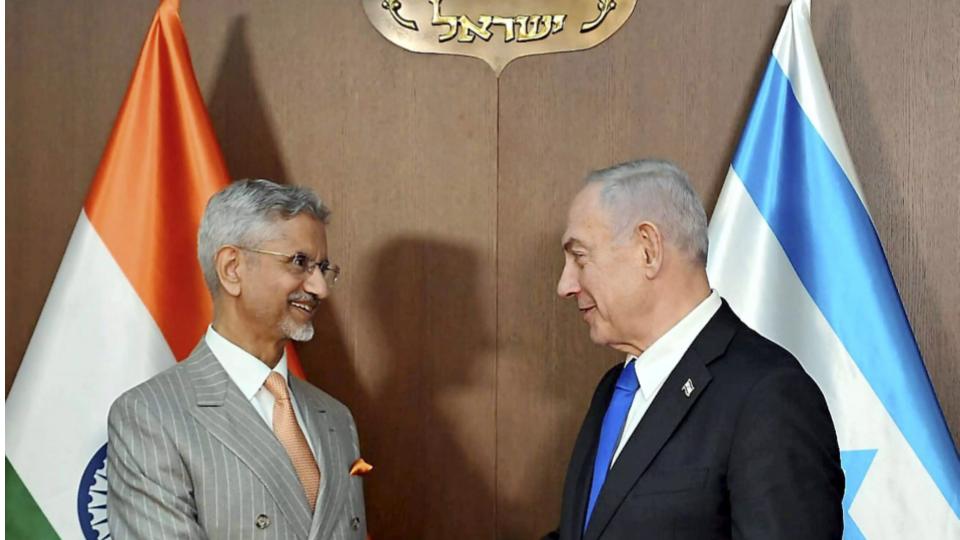

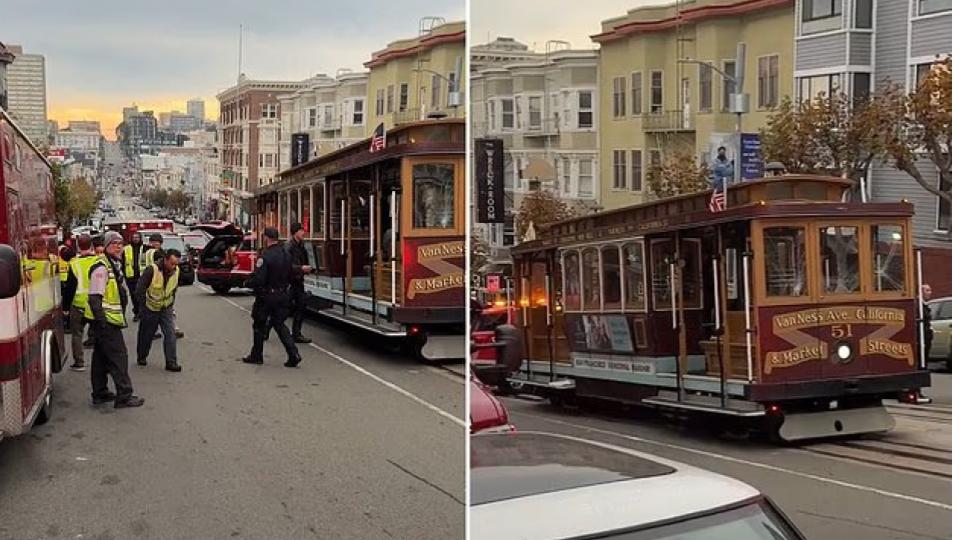
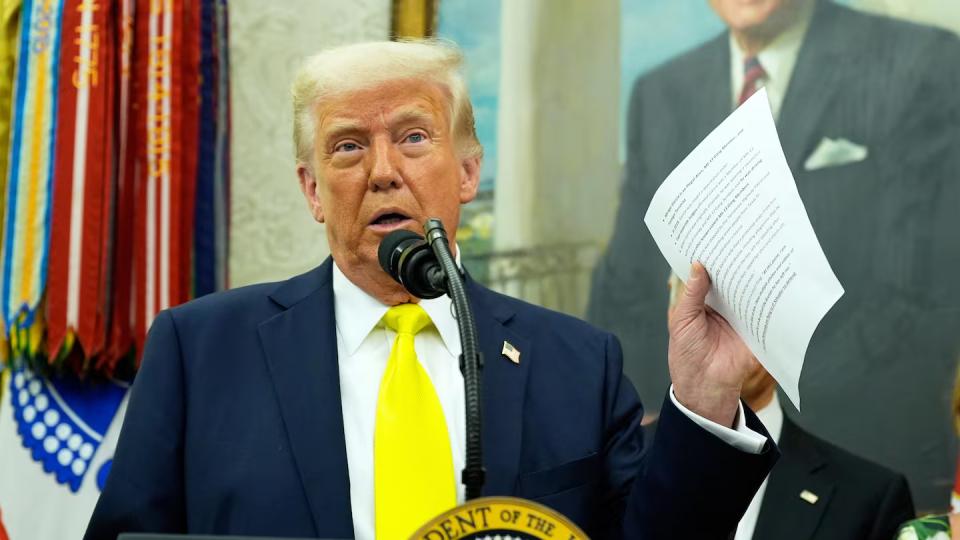

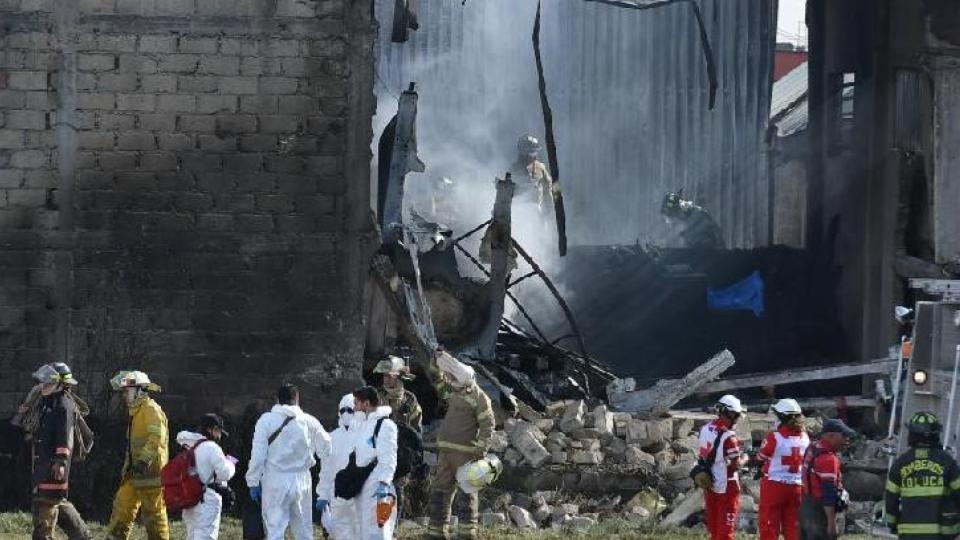
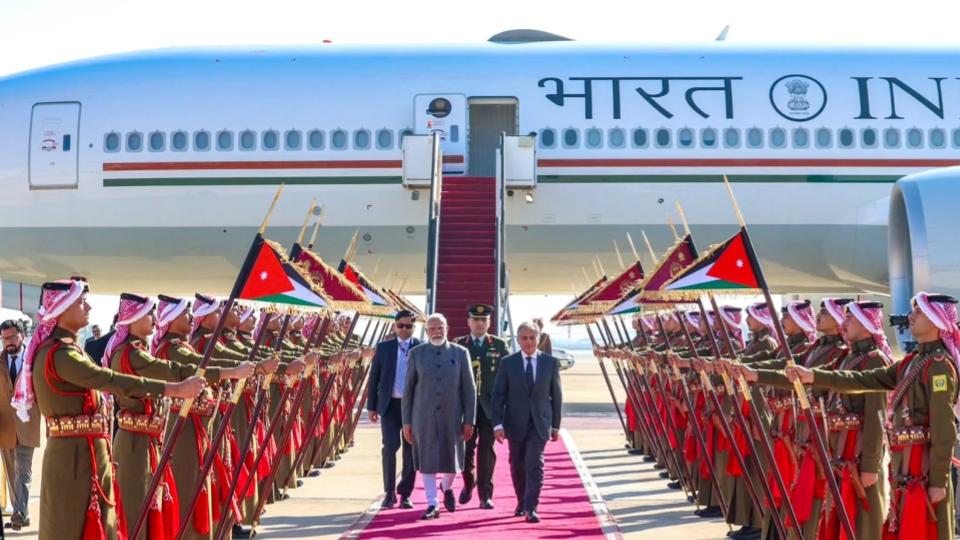
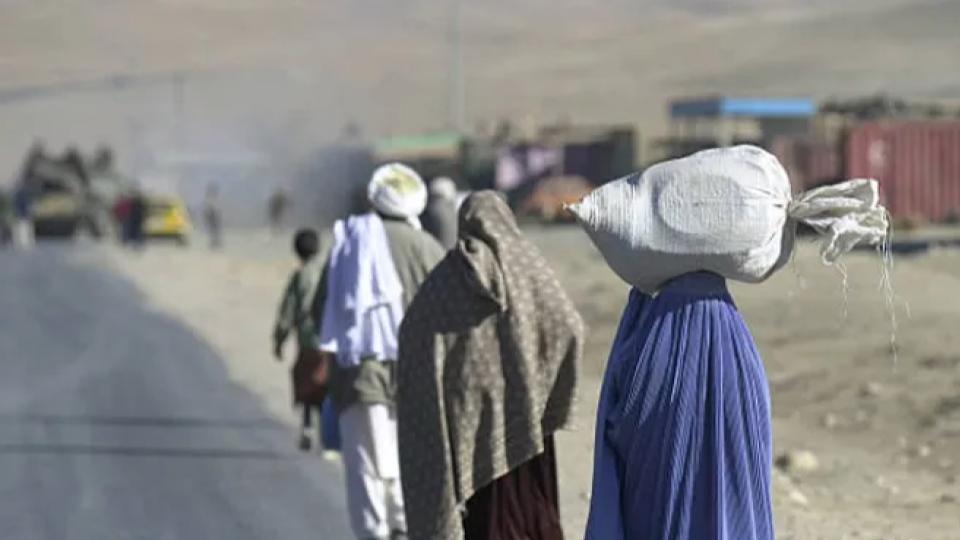

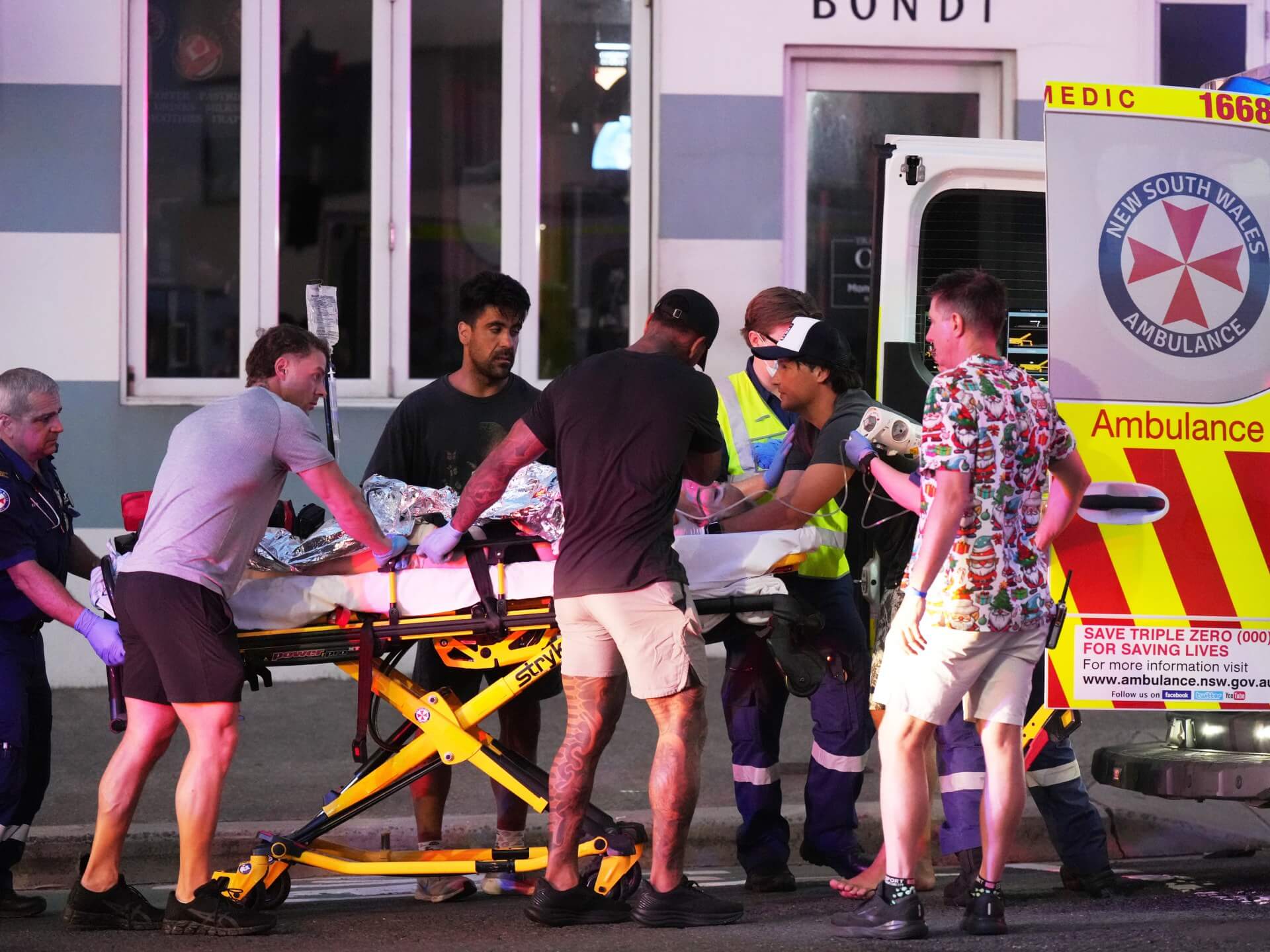
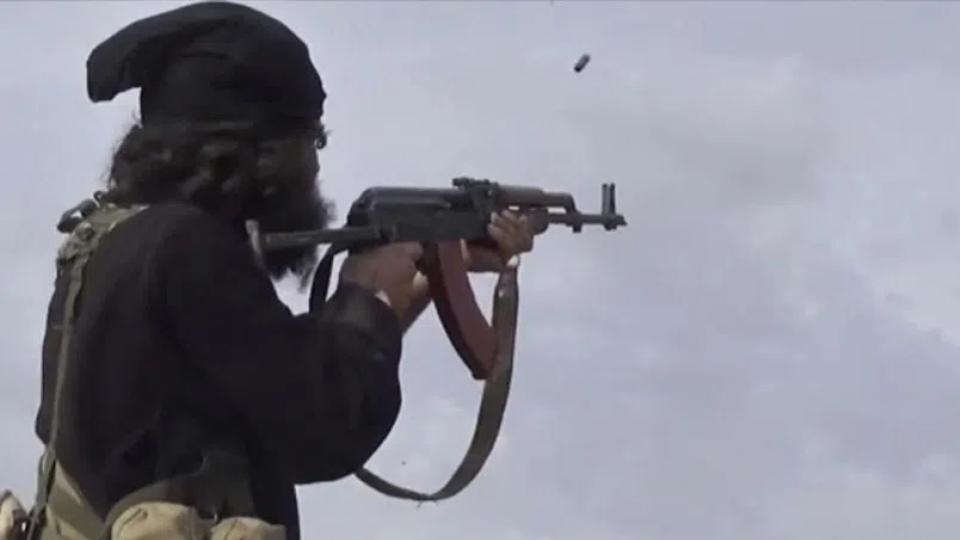
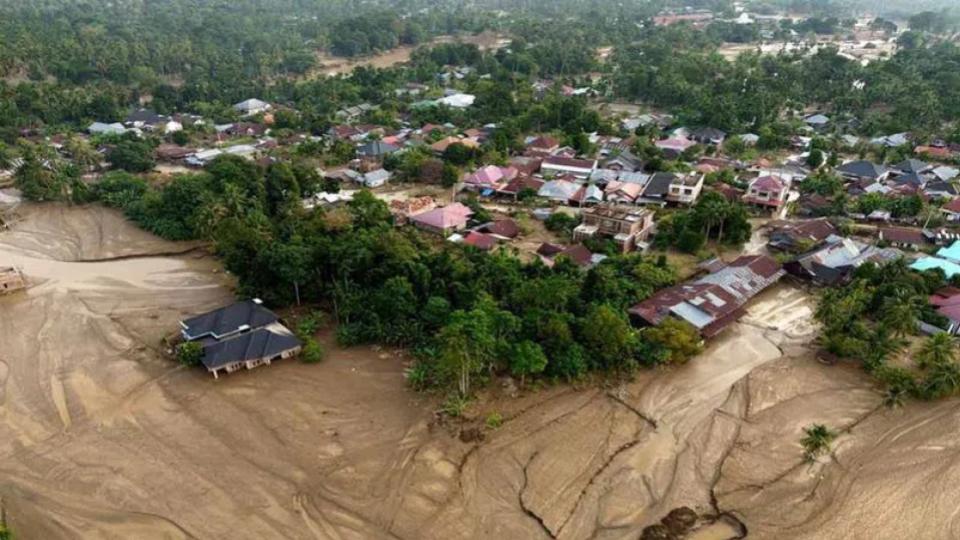
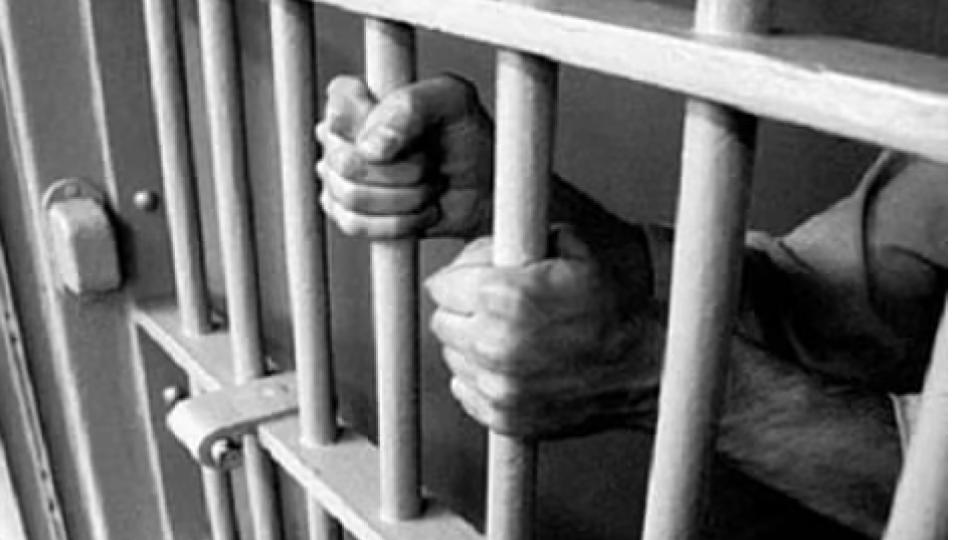
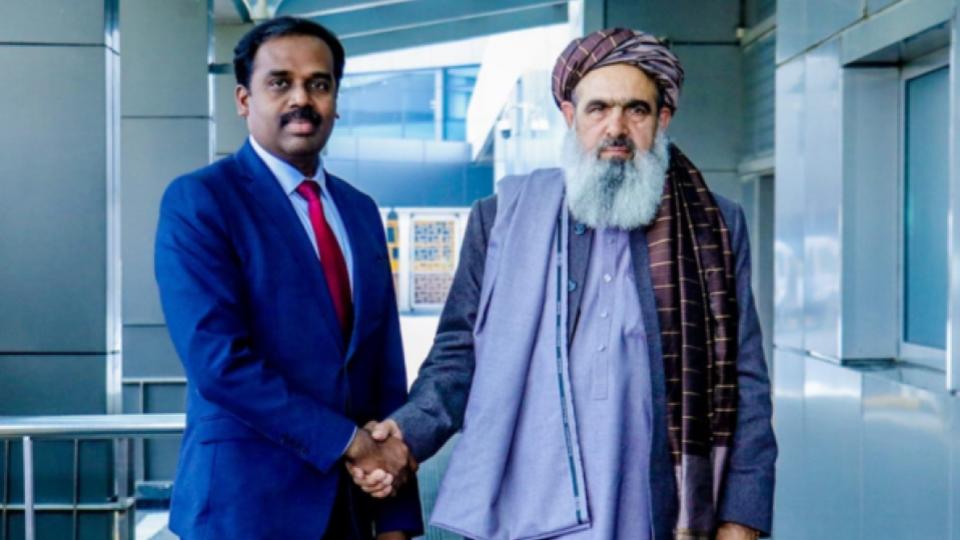
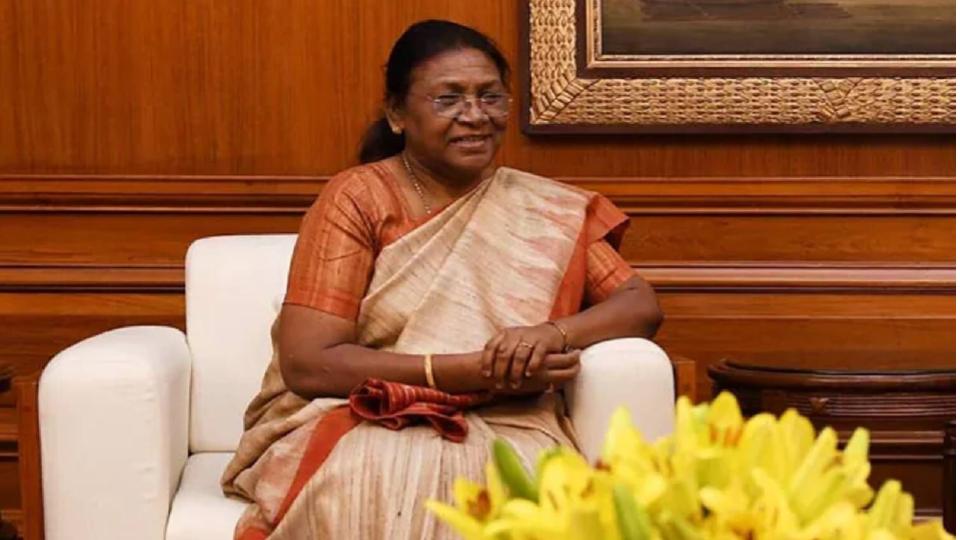
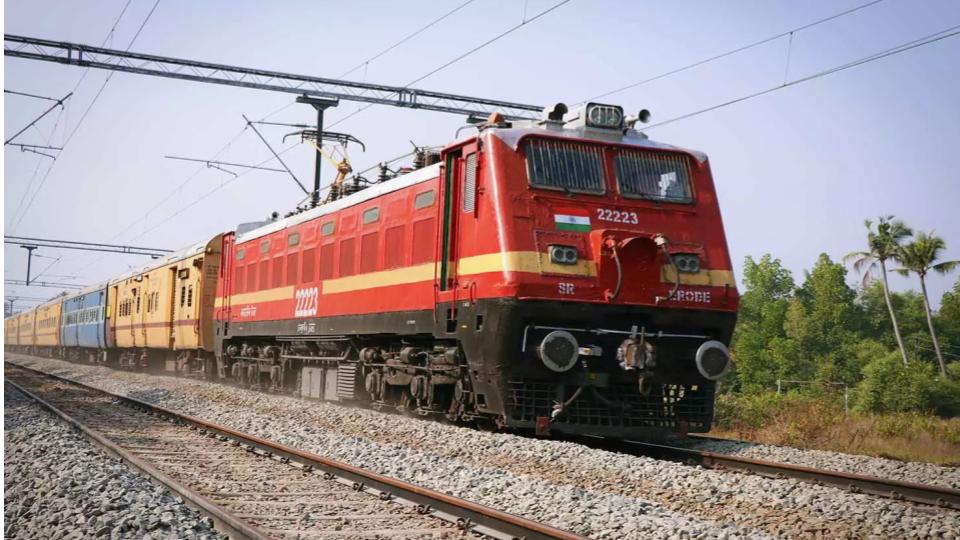
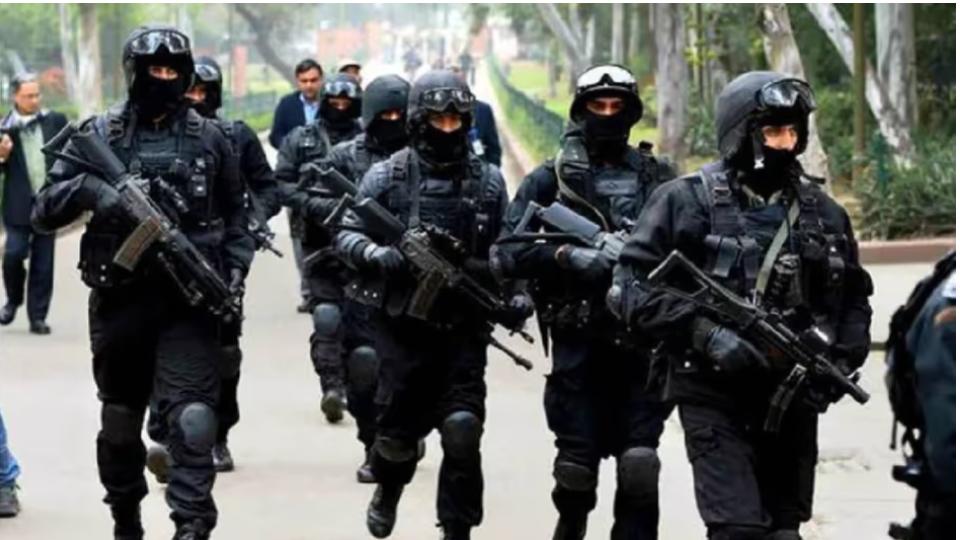
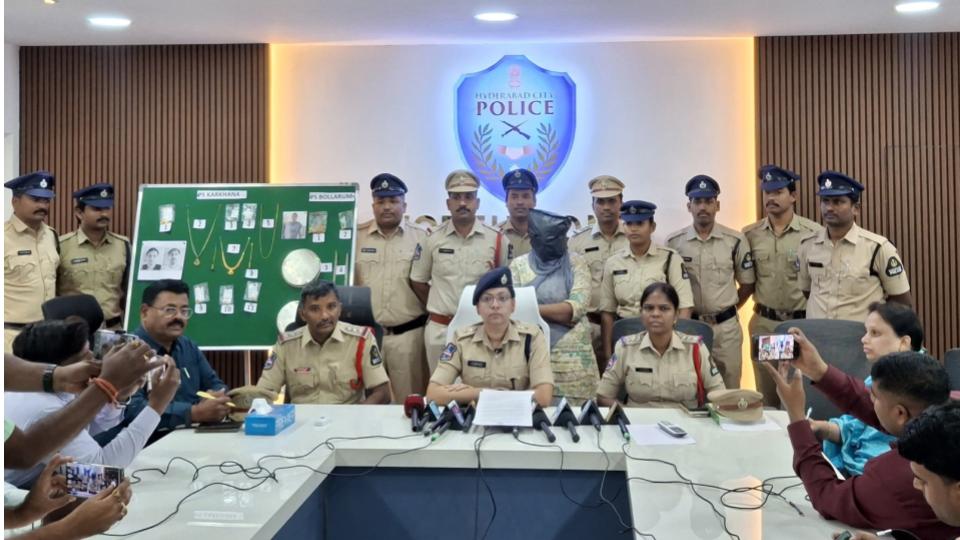

















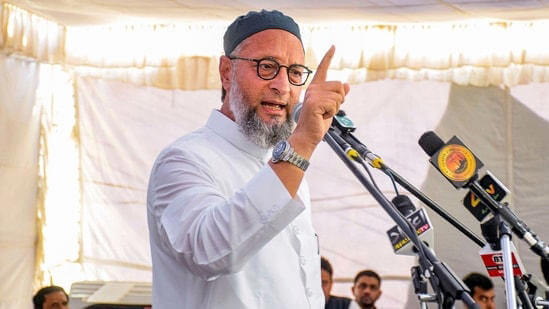
.jpg)
.jpg)
.jpg)


